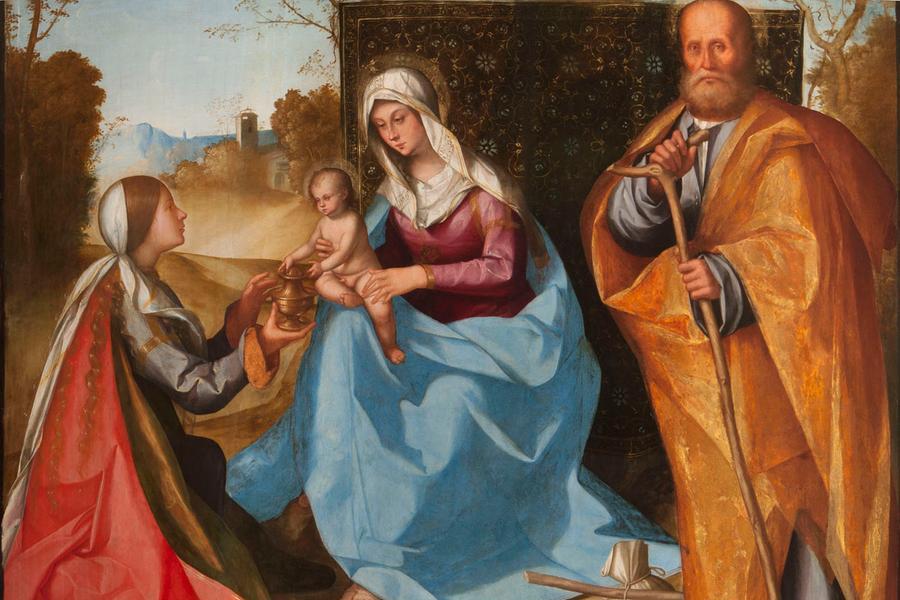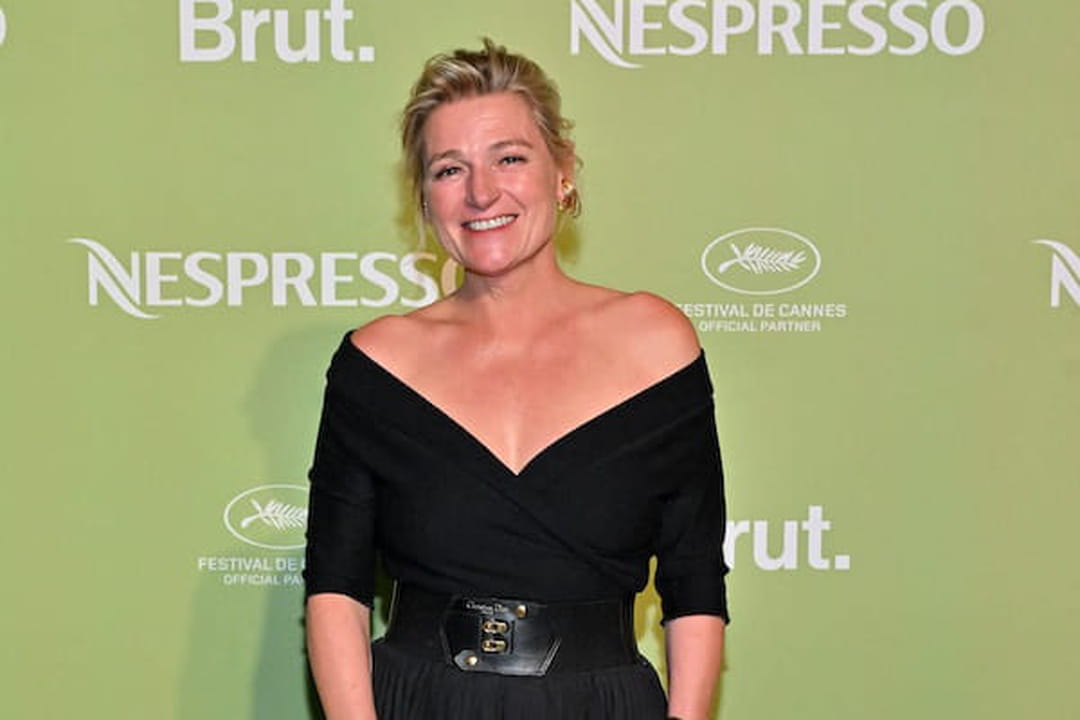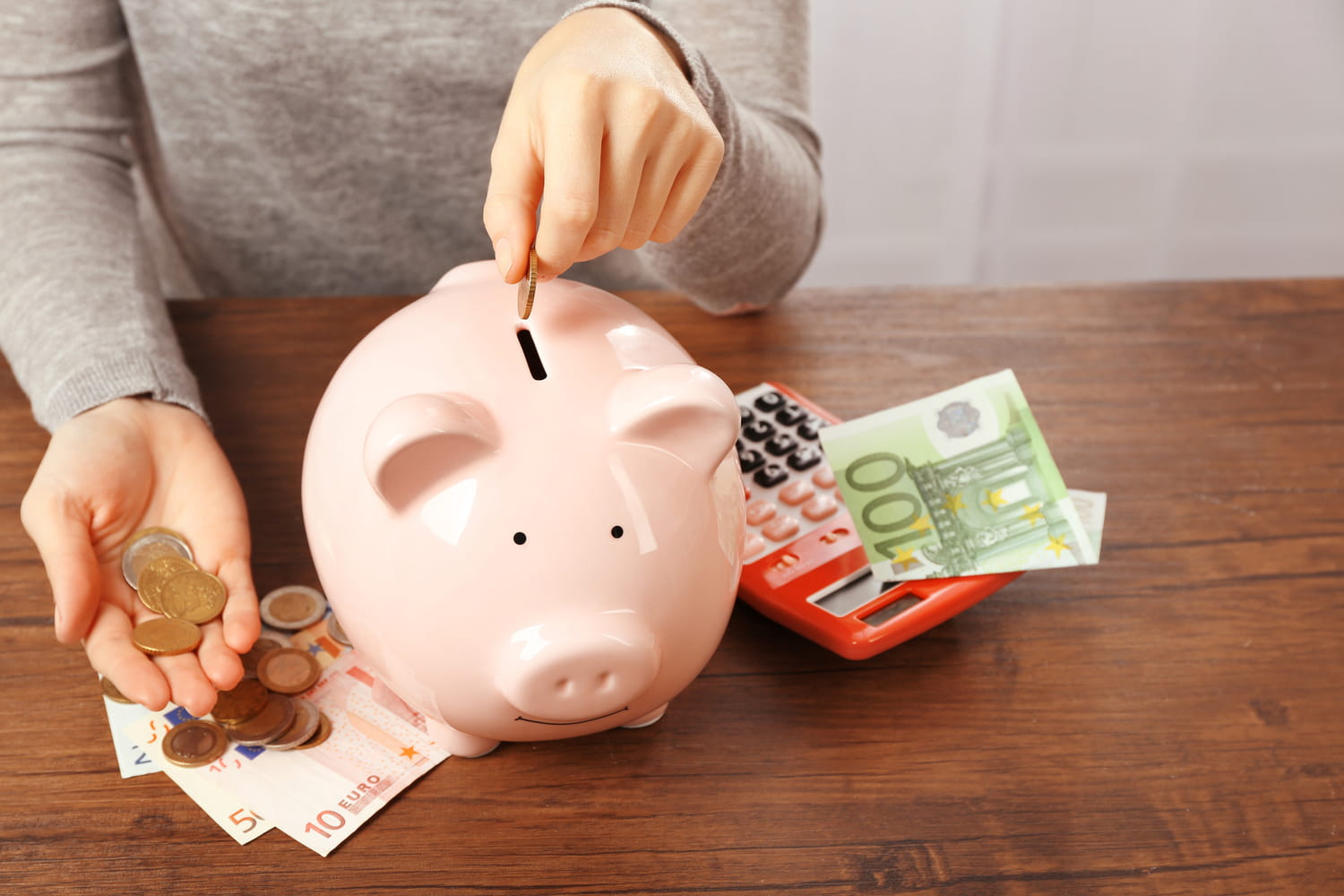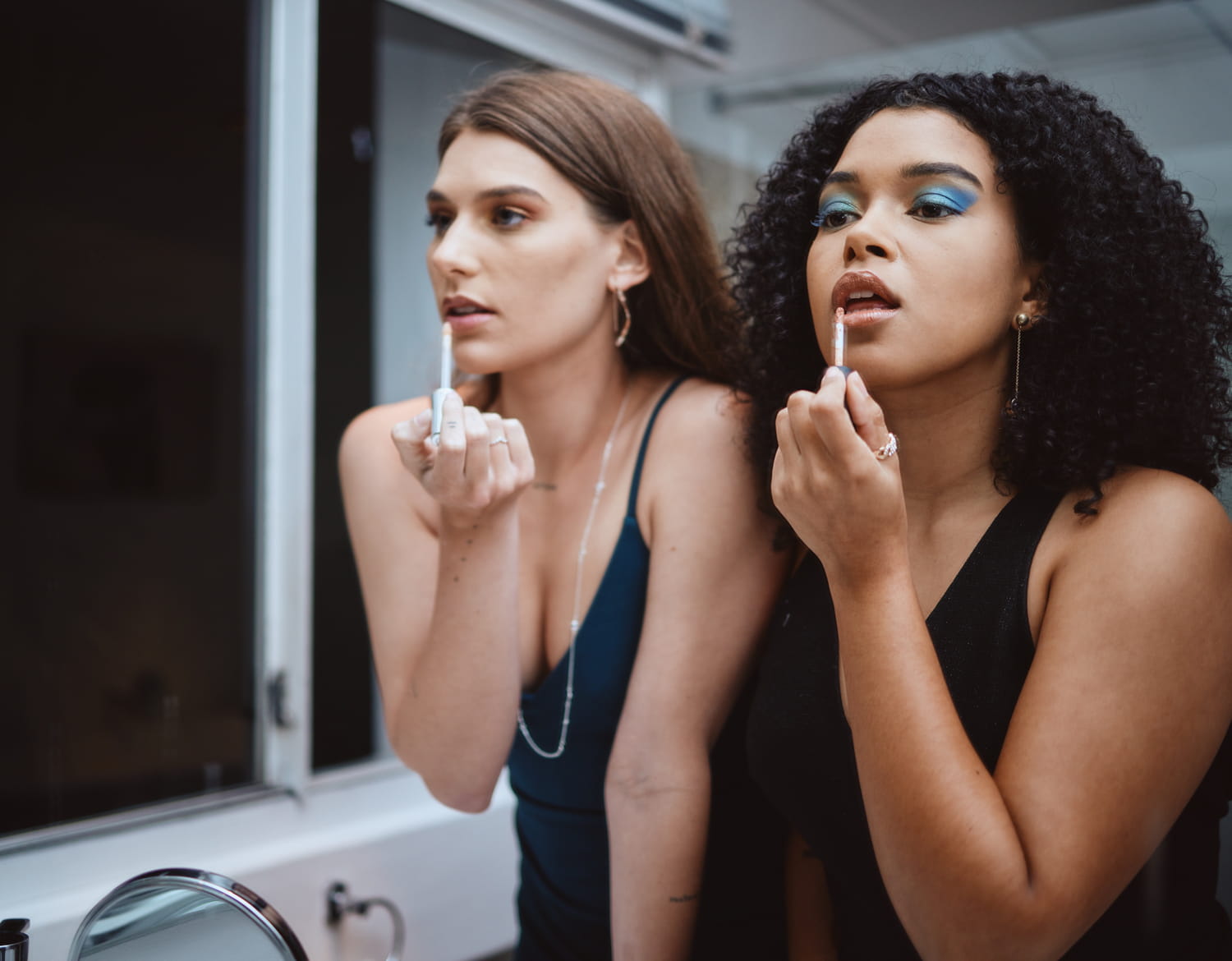For retirement, for children’s studies, or simply in the event of a “hard blow”… Having money aside means having the freedom to start all over again if necessary.
Money may not buy happiness, but it can buy freedom. And even more so for women. Because in a society where more than 40% of women who plan to divorce give up for financial reasons – according to a 2025 Eve and Co study – the greatest freedom lies in being able to choose. Leaving a job or a romantic relationship to start from scratch, whether out of desire or sometimes out of vital necessity, is unfortunately not given to everyone. This is why everyone should set up an emergency fund to protect themselves, guarantee their financial independence in case of need, and above all no longer feel stuck in an unbearable situation due to lack of means.
The English call it the “f*** off fund”: understand (in its more polite version) a sum sufficient to allow oneself to “send to pasture” anyone, anytime. This therefore goes beyond the traditional nest egg used to deal with life’s small setbacks, such as a car in need of repair, or a foreseeable future, such as retirement for example. Not surprisingly, women are the worst off in terms of savings. Due in particular to the salary gap with their male colleagues, they tend to save much less: 210 euros per month on average compared to 280 for these gentlemen, according to the Financial Markets Authority. And more than 20% of French women say they don’t even save money at all.
Three or four months of “real expenses” is the minimum amount to keep in your emergency fund in order to be able to start a new life with peace of mind. Here is what Fabienne Dupuij, money coach and founder of the Money School, tells us. For example, if you spend 1,500 euros per month on housing, food and all bills, you should save at least between 4,500 and 6,000 euros. If you spend 2,000 euros, you will need between 6,000 and 8,000 euros aside, and so on. Of course, this varies depending on the situation: a single mother or a person with precarious employment will have to provide a larger sum to ensure real peace of mind, the time to get back afloat. “An employee with a stable job can aim for three to four months of current expenses. A self-employed woman, more exposed to irregular income, will need six to twelve months of financial security. For a single mother, it is better to aim for one to two additional months”adds Valérie Lafforgue, communications manager for the wealth management firm Corre Finance.
But it also depends on one’s own relationship to financial security: “We must start by making a realistic budget of how much I would need if I were alone. A figure is abstract, it tells us nothing about the real situation in which we will find ourselves, it does not offer us any solution”recalls Fabienne Dupuij. The expert therefore recommends asking yourself an essential question: how much do I need to feel calm? And above all, to do investigative work, to put the situation into perspective: how much a new apartment would cost, with its rent, its deposit and any furnishings, what services will have to be paid and daily expenses, such as electricity, public transport, telephone subscription, etc.
However, despite these very concrete calculations, many do not dare to take the plunge and leave a problematic situation for fear of not having enough money. This is the problem of “always more”, which no amount can ever completely solve: “The fear of missing out is intrinsic to our quality as human beings. Saying ‘I can’t leave until I have this amount in my account’ is crazy. There is a sort of learned helplessness. But security does not come only from the amount we have in an account, it comes from our ability to find solutions. Money is not the only resource”recalls the specialist. However, Fabienne Dupuij insists that it is “essential” to have his “own budgetary ecosystem”and above all its own “banking identity” with a current account and a savings account (Livret A or LDDS), in addition to a possible joint account with your partner for example. “An account in one’s name alone, without a co-owner, is more than an investment: it is a symbol. It says ‘this money belongs to me, and with it, my freedom'”, confirms Valérie Lafforgue, who also recommends keeping a “small liquid reserve” of a few hundred euros, to manage immediate emergencies.
Moreover, the wealth management expert advises building up additional resources, such as life insurance or a family donation for example. “A manual donation from parents, even modest, can constitute the first stone of this emergency fund. This simple gesture, regulated by law – up to 31,865 euros per parent and per child, without tax every 15 years – constitutes separate property, that is to say that it belongs exclusively to the person who receives it, even in the event of marriage under the community regime”explains Valérie Lafforgue. By building a safety net in one’s image, one affirms one’s ability to decide, to empower oneself without waiting for the ideal conditions to be met. Because when it comes to freedom, every euro counts.







